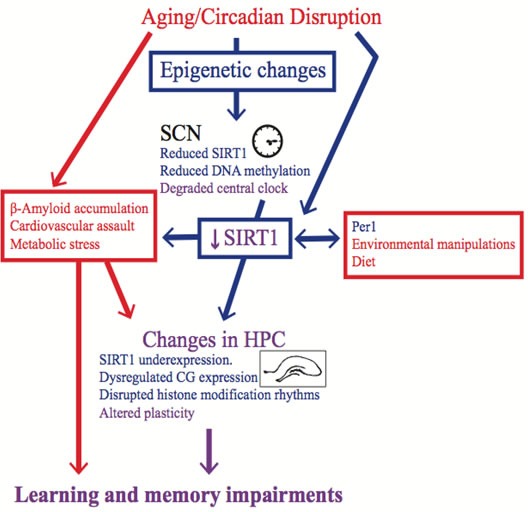Figure 1. Epigenetic changes are a possible mechanism for the memory impairment induced by circadian rhythm disruption.

The blue items are either epigenetic mechanisms or affected by changes in the epigenome, whereas the red items either elicit non-epigenetic mechanisms or are affected by them. The purple items are believed to be effected by both epigenetic and non-epigenetic mechanisms. Factors that induce circadian rhythm disruption, such as aging or shift work, change the epigenome in the SCN, and these changes contribute to SCN dysfunction. SCN dysfunction then affects the epigenome in peripheral oscillators, such as the hippocampus, which contribute to learning and memory impairments. Other factors, such as diet and environmental manipulations could also create learning and memory impairments by changing the epigenome in the hippocampus. It should be noted however that some of these environmental manipulations might also influence circadian rhythms. Alternatively, in addition to circadian rhythm disruption, the memory impairment induced by aging could be a result of other risk factors that impact hippocampal functioning. However, these risk factors are likely exacerbated by circadian rhythm disruption, and this effect could be mediated by changes in the epigenome.
